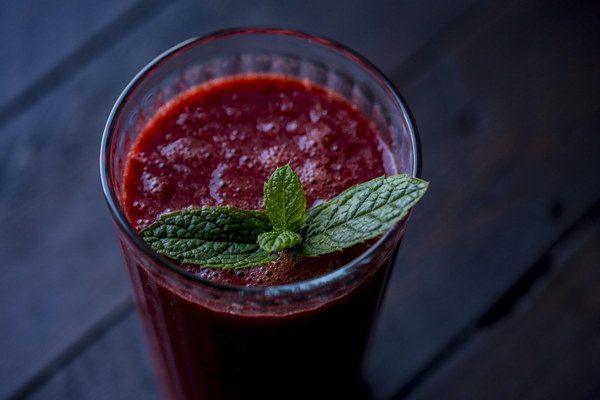Unbelievable Why You Feel Full After a Workout and Not Hungry!
After a grueling workout, you might expect to feel famished, but many individuals are surprised to find that they don't feel hungry at all. This phenomenon can be quite confusing, especially if you're used to experiencing an insatiable appetite after exercise. But why does this happen, and what does it mean for your fitness journey? Let's dive into the science behind this unexpected feeling.
First and foremost, it's important to understand that our bodies are incredibly efficient at adapting to various stimuli. When we engage in physical activity, our bodies undergo a series of complex processes that can influence our hunger levels. Here are some key reasons why you might feel full after a workout and not hungry:
1. Increased metabolic rate: During exercise, your body's metabolic rate increases to meet the energy demands of your muscles. This heightened metabolism can lead to a temporary decrease in hunger, as your body is focused on utilizing stored energy for the workout. Once the exercise is over, your metabolic rate returns to normal, which may result in an increase in hunger.
2. Hormonal changes: Exercise stimulates the release of certain hormones, such as adrenaline, endorphins, and cortisol. Adrenaline and endorphins can help alleviate stress and provide a sense of well-being, which may reduce the urge to eat. On the other hand, cortisol can increase appetite, but this effect may not be as pronounced immediately after exercise.
3. Satiety signals: Exercise can also help to reset your body's satiety signals. When you're active, the body releases chemicals that can help you feel more satisfied, even if you haven't eaten. This could be due to the increased blood flow and oxygen delivery to your muscles, which may enhance the feeling of fullness.
4. Temporary reduction in stomach acid: Stomach acid is essential for the digestion of food, and exercise can temporarily reduce its production. With less stomach acid, your body may not feel the need to consume food immediately after a workout.
5. Water retention: Many individuals experience temporary water retention after exercise, which can make them feel fuller than they actually are. This effect is usually short-lived and can be attributed to the body's attempt to replenish fluids lost during sweating.
It's worth noting that while you may not feel hungry immediately after a workout, it's still important to refuel your body with the right nutrients. Consuming a balanced meal or snack that includes carbohydrates, protein, and healthy fats can help replenish your energy stores and support muscle recovery.

To maximize the benefits of post-workout nutrition, consider the following tips:
- Eat within 45 minutes to an hour after your workout to ensure that your body can effectively utilize the nutrients.
- Choose foods that are rich in protein to aid muscle recovery and repair.
- Incorporate complex carbohydrates into your post-workout meal to replenish glycogen stores and provide energy for your body.
- Stay hydrated by drinking plenty of water throughout the day, especially after exercising.
In conclusion, feeling full after a workout and not hungry is a common experience that can be attributed to various physiological factors. While it may seem counterintuitive, it's important to listen to your body's signals and consume the right nutrients to support your fitness goals. By understanding the science behind this phenomenon, you can make more informed decisions about your post-workout nutrition and ensure that you're giving your body the fuel it needs to thrive.









